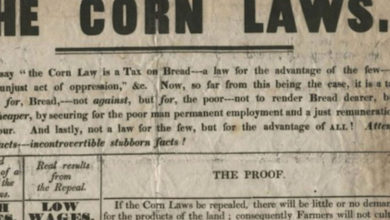The Dawn of Peace: The Surrender at Appomattox Court House
On 9 April 1865, the long and bloody conflict that had divided the United States reached its conclusion in the quiet town of Appomattox Court House, Virginia. This day marked the surrender of the Confederate Army of Northern Virginia, led by General Robert E. Lee, to Union General Ulysses S. Grant, effectively ending the American Civil War. The surrender at Appomattox is a pivotal moment in American history and a symbol of reconciliation and the nation’s journey towards healing.
The events leading up to the surrender were a testament to the tenacity and resolve of the Union and Confederate forces. However, by April 1865, it was clear that the Confederacy’s ability to continue the fight had been drastically diminished. Facing insurmountable odds, including dwindling supplies and manpower, Lee made the difficult decision to negotiate peace terms, prioritising the welfare of his soldiers and the country’s need for healing over the continuation of the conflict.
The meeting between Lee and Grant at the McLean House in Appomattox Court House was marked by mutual respect and dignity. Grant offered generous terms of surrender, allowing Lee’s men to return home with their possessions and horses and promising not to be prosecuted for treason. This goodwill gesture was crucial in laying the groundwork for the reconciliation process that would follow the war’s end.
The significance of the surrender at Appomattox extended far beyond the immediate cessation of hostilities. It represented the culmination of four years of intense conflict that had caused unparalleled devastation and loss of life. The Civil War had been fought over deep-seated issues of states’ rights, economic differences, and, fundamentally, the moral and legal status of slavery. The Union’s victory ensured the preservation of the United States as a single nation. It set the stage for the abolition of slavery with the ratification of the 13th Amendment later that year.
However, the end of the Civil War also marked the beginning of the Reconstruction era, a complex and often tumultuous period aimed at rebuilding the South and integrating formerly enslaved people into American society. The challenges of Reconstruction would test the nation’s resolve to truly achieve the ideals of liberty and equality for all its citizens.
As we reflect on the surrender at Appomattox, it serves as a reminder of the costs of division and the enduring value of unity. The Civil War’s legacy is a complex tapestry of courage, sacrifice, and the ongoing quest for justice and equality. The lessons learned from this critical juncture in American history continue to resonate, reminding us of the importance of dialogue, understanding, and the pursuit of a more perfect union.





